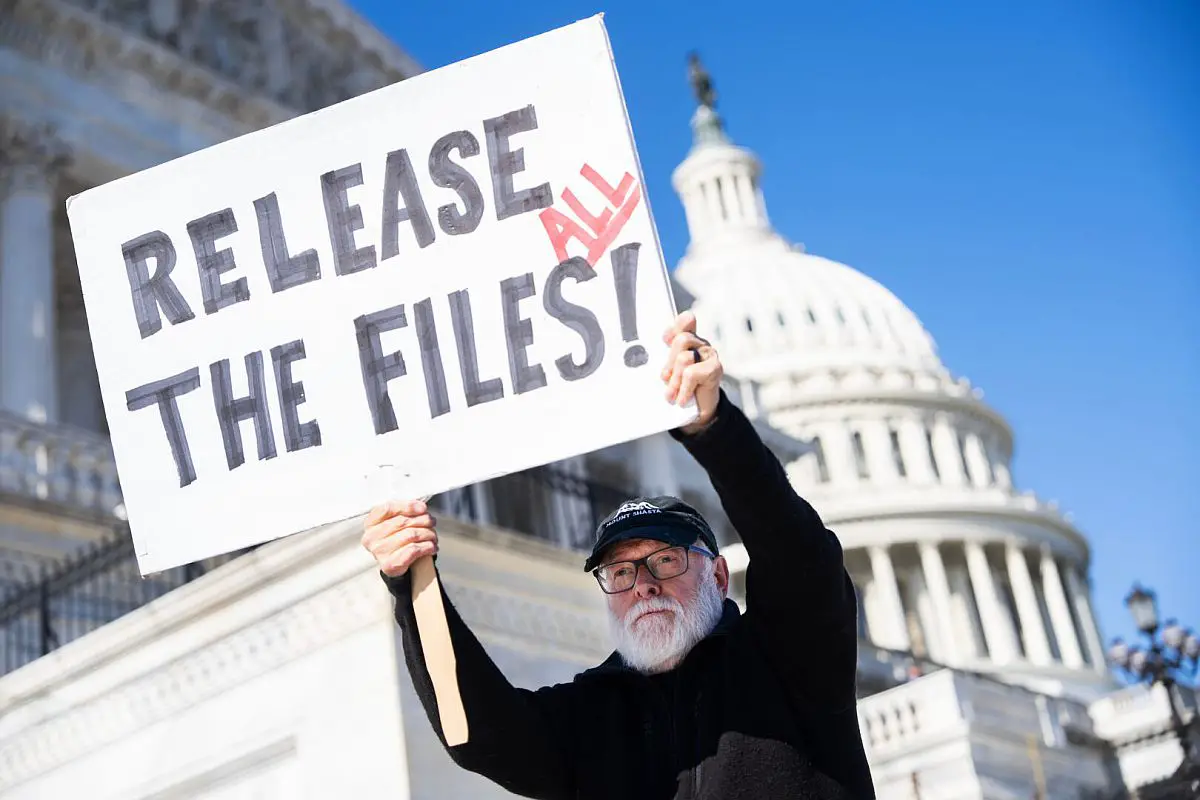The House of Representatives voted 427 to 1 on Tuesday to pass the Epstein Files Transparency Act, a measure that would require the Justice Department to release all unclassified records related to Jeffrey Epstein and Ghislaine Maxwell. It was one of the most bipartisan votes in years, and on the surface, it looks like a major push toward long-promised transparency.
But the vote only tells part of the story. The files are not automatically released. The bill now moves to the Senate, where the future of the effort becomes far less certain.
What the Bill Actually Does
The legislation orders the Justice Department to gather and release unclassified investigative records, internal communications, emails, memos, and other materials tied to Epstein and Maxwell. Victims’ names would be protected, and explicit material involving minors would remain sealed. The bill also prohibits redactions made solely to prevent embarrassment.
Speaker Mike Johnson supported the vote but also said the Senate should make changes to strengthen victim protections. That comment alone suggests that the upper chamber may slow down the process.
Why the Senate Is the Real Battleground
For the bill to become law, the Senate must either pass it as written or pass an amended version and send it back to the House. Senate leaders have not said when or if the bill will come up for a vote. In a chamber where a single senator can stall legislation and where 60 votes are often needed, the overwhelming House vote does not guarantee forward movement.
If the Senate chooses not to schedule the bill, it simply dies quietly.
What Happens If It Becomes Law
If the Senate passes it and it reaches the president’s desk, the Justice Department would be required to begin the release process. That would involve sorting huge volumes of documents, making legally required redactions, and determining which materials are still tied to ongoing investigations. Even with a legal mandate, this process could take months and likely involve court challenges.
The department has also said in the past that it does not have a formal “client list,” which has raised public expectations far beyond what the agency claims to possess.
The Realistic Outlook: Will It Actually Get Released?
This is the part most people care about, and it is also where expectations should be managed.
Most likely scenario:
The bill stalls in the Senate. Without action in the upper chamber, nothing becomes law, and no files are released. Given the competing priorities and the Senate’s slower pace, this is the outcome many observers expect.
Moderately likely scenario:
The Senate passes an amended bill with tighter rules on victim confidentiality or a longer release timeline. The House then has to approve those changes. If it becomes law, the Justice Department would release some material, but it would probably be a controlled and heavily redacted process.
Less likely scenario:
The Senate passes the bill quickly, the president signs it, and the Justice Department moves forward with a large release of files. Even in this case, legal requirements around ongoing investigations and privacy protections would limit how complete and how fast the release could be.
Least likely scenario:
A fast and sweeping public dump of records with minimal redactions. This simply does not match how federal investigative files are normally handled.
The Bottom Line
After anything passes both chambers, it would need President Trump’s signature for final approval.
The House vote was historic and signals real bipartisan interest in greater transparency. But for now, nothing changes until the Senate acts. The coming weeks will show whether this is a genuine move toward revealing long-hidden information or another moment where political momentum fades before the finish line.
